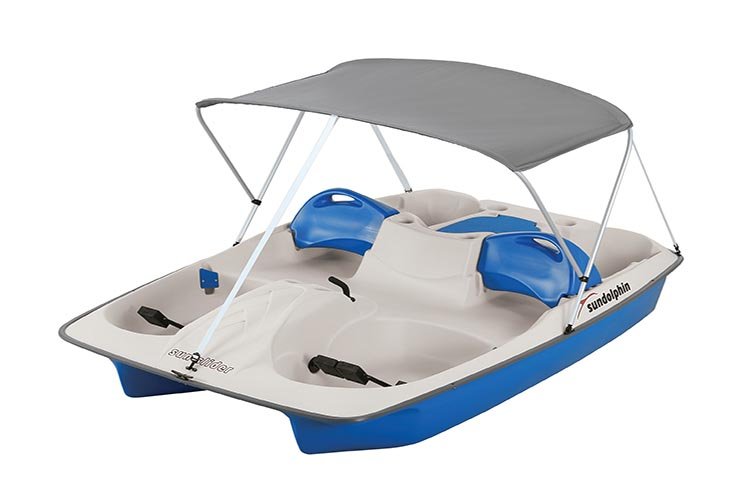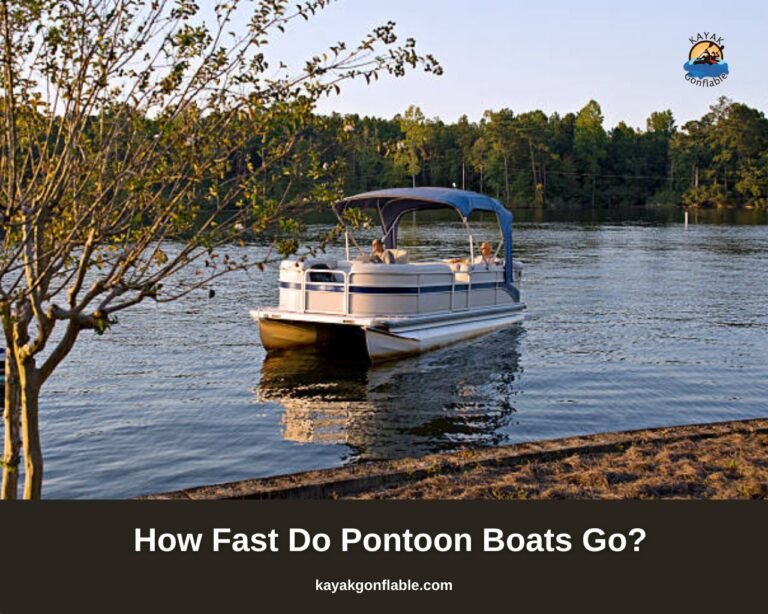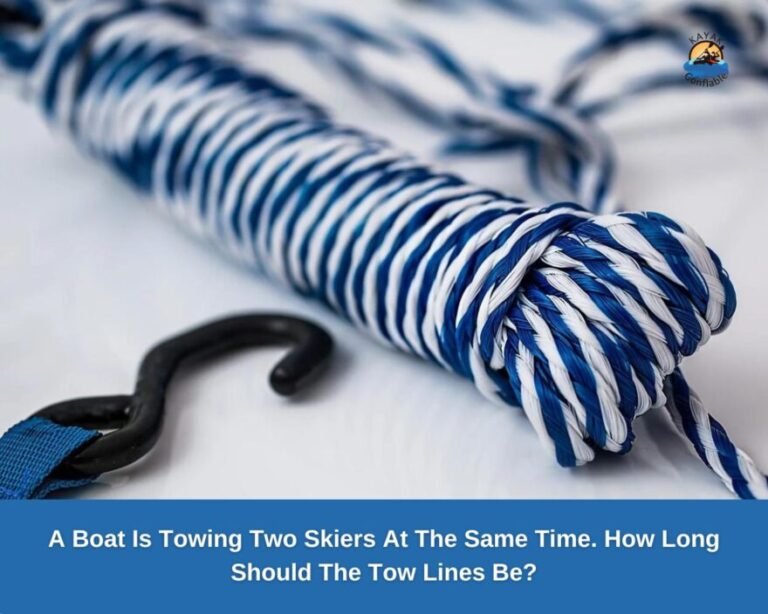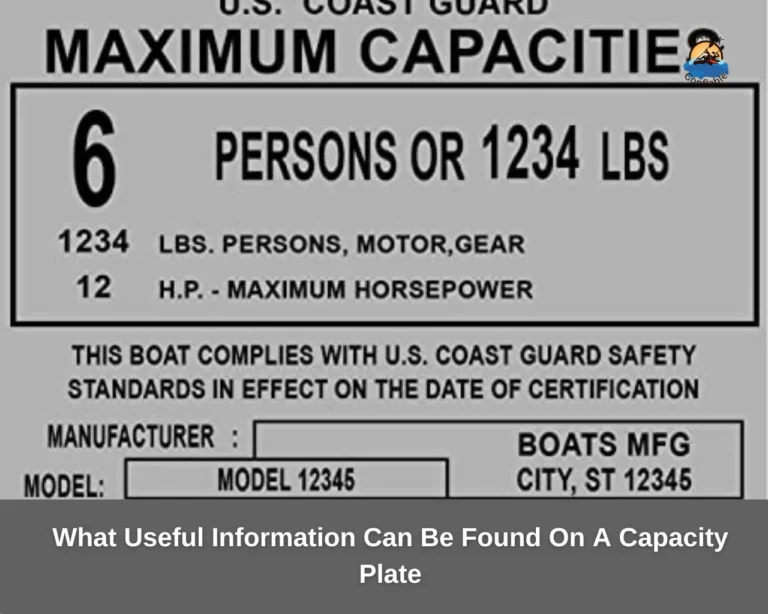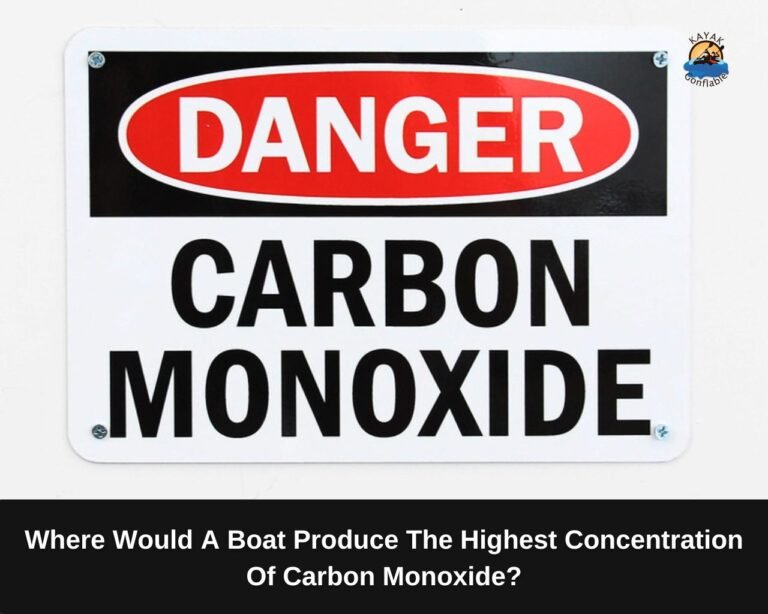What Type of Boating Emergency Causes The Most Fatalities?

Boating emergencies can occur anywhere with anyone which is why boat safety should be taken with utmost caution. It has been noted that some of the causes for such emergencies are negligence on the part of the driver, drunk driving, speeding and improper attention to boating safety rules and weather conditions.
When it comes to boating, safety is a top priority as it helps prevent emergencies on board and also teaches how to get out of sticky situations like falling overboard.
There are a lot of simple tips that can help prevent some emergencies like boat motor maintenance and fuelling up, life jacket or PFD (Personal Floatation Device) usage and being aware of safety and rescue rules.
Wearing a life jacket or PFD can be difficult once in the water, so ensure every member on board the boat wears either while on board.
What Does A Boating Emergency Mean?
Boating emergencies can be compounded to be casualty or accidents involving the passengers and driver or most times only a driver could be on board.
These accidents occur when there is either a capsizing, sinking, collision with fixed or moving objects like another boat (which is unlikely at times), fire on board, and personal injury.
The above-stated can lead to death or disappearance of any member on board and these are boat emergencies.
Types and Causes of Boating Emergencies
There are several causes of boating accidents only to say the least but here are a few that are quite common and fatal as well:
Collision
A collision is when the boat runs into another vessel, either moving or fixed. Collisions can be easily avoided and at the same time very difficult.
Collisions often occur when the operator does not pay proper attention, is overspeeding or was not on the lookout. Collisions can also come about by night speeding. Collisions can prove to be very fatal.
Fire Aboard
Boat fires do occur but not as often as they appear; they are rare. Double-clamped fuel lines and protected mechanical systems help in the reduction of such accidents.
The place of safety, regardless the great engine-build should not be downplayed. As a boater, you can always smell the bilge for fuel fumes and you can also check for oil spill that are apparent; a rainbow-coloured stain on the bilge water.
It is always a great idea to have fire extinguishers on board. It is also advisable to run the bilge blower for a few minutes before starting a marine engine.
Boat fires can be very fatal when they go out of hand. It is not advisable to us water to put out such fires especially when it is caused by faulty engine or overlooked mishap.
Poisoning Caused By Carbon Monoxide
Carbon monoxide is produced when a fuel source is burned and also when operating a boat with a motor which comes in the form of engines and generators or even cooking elements.
A lot of people are enlightened on carbon monoxide but not its relativity with boating engines. Without proper caution and adherence to safety rules, this can be risky and also fatal.
Falling Overboard
Falling overboard can be caused by a very simple reason; sitting in spaces that were not created as seats in the boat. How can this be fatal?
Well, for a passenger that is not a swimmer, this can be fatal is not rescued in time. A passenger without a PFD or life jacket would have it difficult to wear one while already over board.
Although that is not the only reason for someone falling overboard it only increases the chances of falling – overloading, boating in bad weather conditions, over speeding while making turns/ curves are also causes of falling overboard.
Capsizing
The term capsizing is very common in boating because it can happen when least expected. This occurs in smaller boats more than it does bigger boats.
This can occur for an awful number of reasons three of which are wrongful sitting in and around the boat, waves/wakes of bigger boats, bad weather conditions.
Running Aground
Knowing water depth as well as your boating environment can help save lives. In oblivion of this, boats get stuck on the bottom in waterways and this can occur when an operator travels at a low-speed rate and when travelling in a faster speed rate can lead to fatal disaster.
Keeping in mind the location of submerged objects and water levels change would be to have a hitch free boat ride. Familiarizing yourself with the environment can help avoid these hiccups in waterways.
Lack of Boating Experience and Operator Inattention
It is quite dangerous when an inexperienced boater or a first-timer want to ride professionally and or alone without assistance or prior knowledge of safety boating rules.
This can cause a variety of mishaps as well as ignorance to warning signs; this in itself can lead to on board and over-board accidents and without immediate assistance can be fatal.
Along with lack of experience can also be experience nut operator’s inattention. To drive a boat, attention to details and the water is key and should not be easily distracted to look away for long.
This can help avoid a lot of issues that could occur. The driver needs to pay attention at all times.
Sinking
As tiny as a hole can be, it is the ant that kills the Elephant. Holes in boats are the major cause of sinking boats. Oftentimes, these holes are created for through-hull fitting.
Bass through-hulls are really great options but the through-hulls made using plastic less expensive and also less corrosion-prone.
Weather and Water Condition
On a day out boating, it is always a good idea to know the weather conditions as well as the water conditions.
The waves that are strong enough to capsize boats (especially smaller watercraft) are worth avoiding or at most, learning how to maneuver.
It is not always nice to go boating while rain is falling or even in the winter. Most boaters enjoy the summer sun and the vibes they get from that time of the year.
It is advisable to make sure your speed matches the weather conditions. It is in avoidable to note that weather conditions can change rapidly, especially in large bodies of water. An operator should keep an eye out for weather changes.
The force of a wake (a wake is created when a boat hull moves in the water and creates waves that can be strong) from a larger boat can cause a smaller boat to veer into another boat or worse, capsize.
Over Speeding
Overspeeding can lead to breakage of navigational rules and serious boating emergencies. A collision can be unavoidable when breaking speed limits.
Even a sober driver can make such mistakes that would cause a passenger to fall overboard in a moving boat (especially when not seated properly and or following the right safety rules).
Speeding at night is considered to be one of the worst forms of speeding because apart from not being able to see much at night, you may or may not be the only one out on the water.
And if any casualty occurs there might not be immediate assistance and rescue because first of all, it is an accident that occurred on water and secondly, it might have happened at night.
Drunk Driving/Alcohol Usage
A very common boating emergency is caused by an intoxicated driver as well as drunken passengers who can’t save themselves. This can occur during the day and sometimes at night.
The bottom line here is that when in a drunken state, a lot of drivers tend to collide or capsize boats or worse, overspeed.
This often amounts to death and serious injuries for those that are found and those that are not found on time may drown especially in a drunken state where they might not be able to initiate safety measures as effectively and swiftly as they should.
Falling overboard without a life jacket or PFD when sober is difficult because it is not easy to wear a life jacket when you are no longer on board. Alcohol slows your reflexes and can cloud your sense of judgment. These can lead to fatal accidents.
How To Prevent Some of These Emergencies
- Operator and passengers should be sober during boating rides
- Have prior boating safety rules and rescue knowledge
- Ensure the gas tank is filled before heading out
- Be on the lookout for holes in the boat
- Maintain boat engine for effective functioning
- Always wear a PFD or life jacket on board
- Avoid night speeding on boats
- Obey navigational rules
- Be on the lookout for rapid weather changes
- Check for oil spillage
- Have a fire extinguisher on board
- All passengers should be seated in spaces made for passengers
- Boats should not be overloaded beyond wait capacity because it can lead to capsizing

